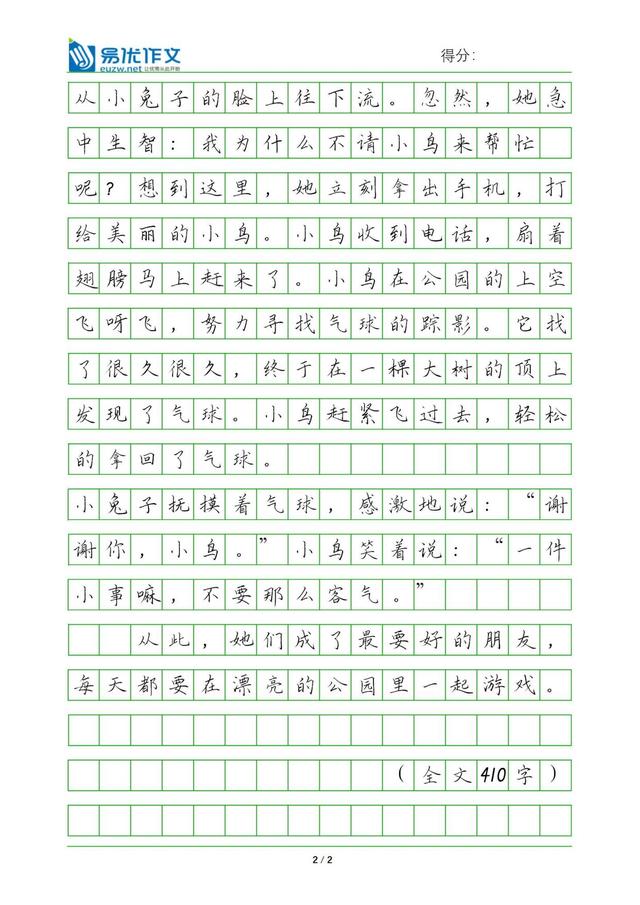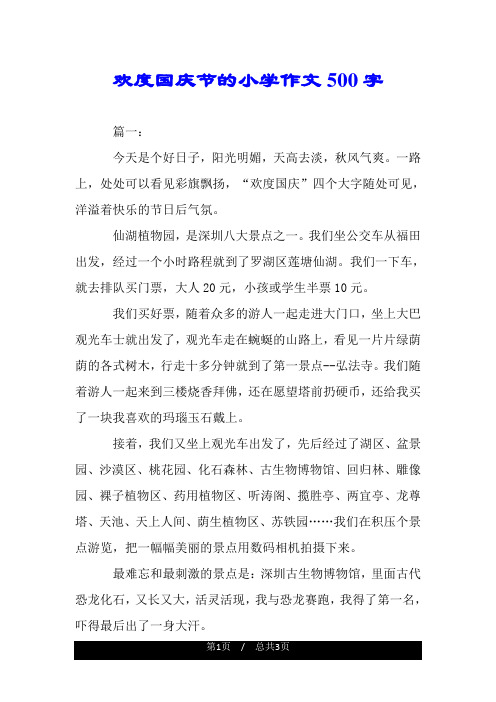关于传统文化的英语作文(传统文化英文作文)
Title: The Timeless Value of Traditional Culture in Modern Society
In an era marked by rapid globalization and the relentless march of technology, traditional culture has often found itself on the periphery of public attention. However, as scholars and practitioners of English literature have repeatedly reminded us, the essence of human civilization is not defined by the speed at which we can travel or the breadth of our technological capabilities. Rather, it lies in the rich tapestry of customs, beliefs, and practices that make up our collective heritage—a legacy that continues to resonate with people across generations and cultures. The significance of traditional culture in modern society cannot be overstated. It serves as a vital link between past and present, providing a framework for understanding our place within the world and shaping our identity as individuals and as members of communities. At its core, traditional culture embodies a profound respect for cultural diversity and the wisdom passed down through generations. It offers a unique perspective on life's mysteries, challenges, and joys, offering insights into values such as resilience, compassion, and community spirit. Moreover, traditional culture is not just a repository of historical knowledge and artistic expressions; it is also a powerful tool for promoting social cohesion and fostering a sense of belonging among diverse groups. In many parts of the world, festivals and rituals are central to celebrating cultural diversity and reinforcing shared values. These events serve as opportunities for individuals from different backgrounds to come together, share experiences, and build connections based on commonalities rather than differences. However, despite its importance, traditional culture is frequently under attack due to misconceptions and lack of appreciation. Many modern-day trends, driven by commercial interests or social media influencers, seek to replace traditional practices with novelty and convenience. This trend has led to a loss of authenticity and a erosion of cultural heritage. It is imperative, therefore, to recognize the value of traditional culture and to actively work towards preserving and enhancing it for future generations. To achieve this, it is essential to engage in dialogue and education about traditional culture. This can involve workshops, lectures, and seminars that focus on the importance of cultural traditions and their relevance in contemporary life. By sharing personal stories and examples, experts can illuminate how these practices shape our lives and contribute to our overall well-being. Furthermore, it is crucial to support the continuation of traditional culture through various means. This may include funding cultural institutions, supporting local artists and artisans, and encouraging sustainable use of natural resources. By doing so, we can ensure that the beauty and wisdom of traditional culture remain alive in the hearts and minds of all who seek them. In conclusion, traditional culture represents a vital part of our shared heritage and a testament to the resilience and adaptability of humankind. As we navigate the complexities of modern life, let us remember the lessons learned from our ancestors and the joys they brought us. By valuing and promoting traditional culture, we can create a more harmonious and connected world, one where the past inspires the present and the future.



